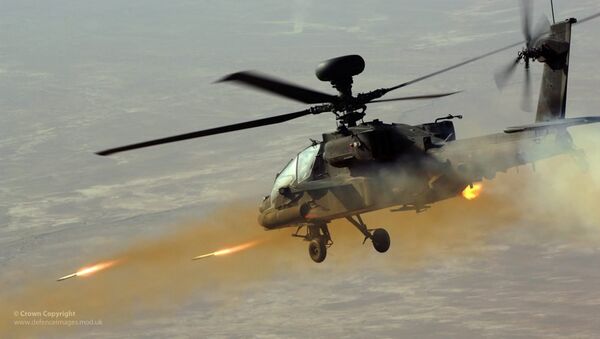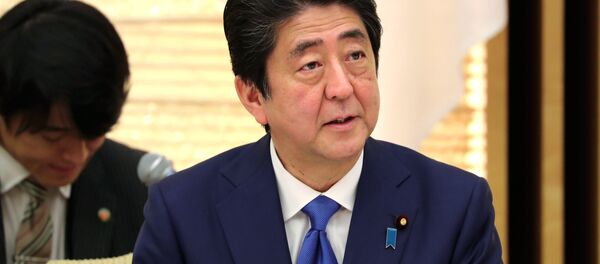"The rotational deployment of Apache helicopters is a demonstration of strong US will in implementing its security commitments," US Army Col. Rob Manning said recently. The move is expected to "significantly strengthen" military capabilities aimed at deterring North Korea’s leaders from maliciously launching an intercontinental ballistic missile, the colonel added.
The fleet of Apaches expands the capabilities of the United States Forces Korea to include eliminating ground vehicle targets, hovercraft, and special operations units in North Korea, according to Kim Sung-min, a South Korean defense ministry official. The Boeing-manufactured Apaches usually pack a mix of air-to-surface "fire and forget" Hellfire missiles and Hydra 70 rocket pods.
Pyongyang attempted to stir the pot Sunday when North Korea’s foreign ministry department stated "the US is wholly to blame" for the development of its missiles. Pentagon Defense Secretary Ashton Carter noted that the US would neutralize any missiles launched from North Korea directed at the US or an ally. Carter labeled Pyongyang a "serious threat" during an interview Sunday on Meet The Press.
While 2017 brought a chorus of excited vows from those around the globe to eat healthier, exercise more, or be kinder, North Korean leader Kim Jung-un, took the New Year as an opportunity to tell the world his country was close to completing development of a long-range nuke. A spokesman for the DPRK promised that ICBMS may be fired "anytime and anywhere" as the "supreme" headquarters of the DPRK sees fit.
Incoming US President Donald Trump made clear on January 2 that any threats posed by Pyongyang would be quelled.
— Donald J. Trump (@realDonaldTrump) January 2, 2017



